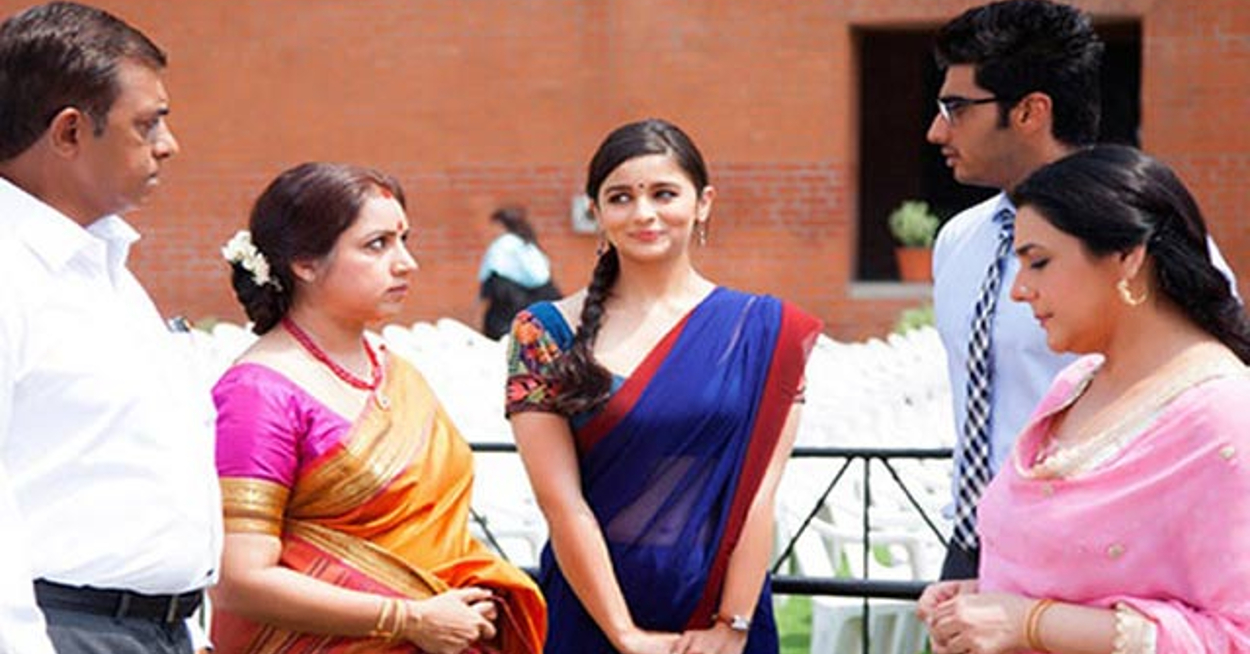While most of us believe selfie is current generation’s thing, we have that one fact wrong. Believe it or not the first ever selfie was taken way back in 1839 by an amateur chemist and photographer Robert Cornelius. He had set up the camera at the back of his family store and produced a daguerreotype of himself. He took the image by removing the lens and running towards the frame, sitting in front of it for a minute and then he covered the lens again. He called this picture “The first light picture ever taken-1839”.

Selfies, just like social media, promotes self-portrayal. It’s about how one wants the world to know how perfect you are. No one usually posts a bad picture on such sites or apps. People usually tend to hand pick the “perfect” shot and share it with the virtual friends. Taking selfies has become about letting people know how happening their life is. An escape from reality – that’s how some people define social media. Selfies can now be part of that escape plan.
Studies suggest that taking too many selfies can be connected to narcissism and psychopathy. Self-objectification and Machiavellianism are also included in the dark side of the Selfie-fame.

At the end, taking selfies is not bad as far as it doesn’t become your obsession. As long as you take a few snaps for your own satisfaction it doesn’t really harm you. So Go ahead, take selfies in life’s amazing moments but don’t make selfie your life!



